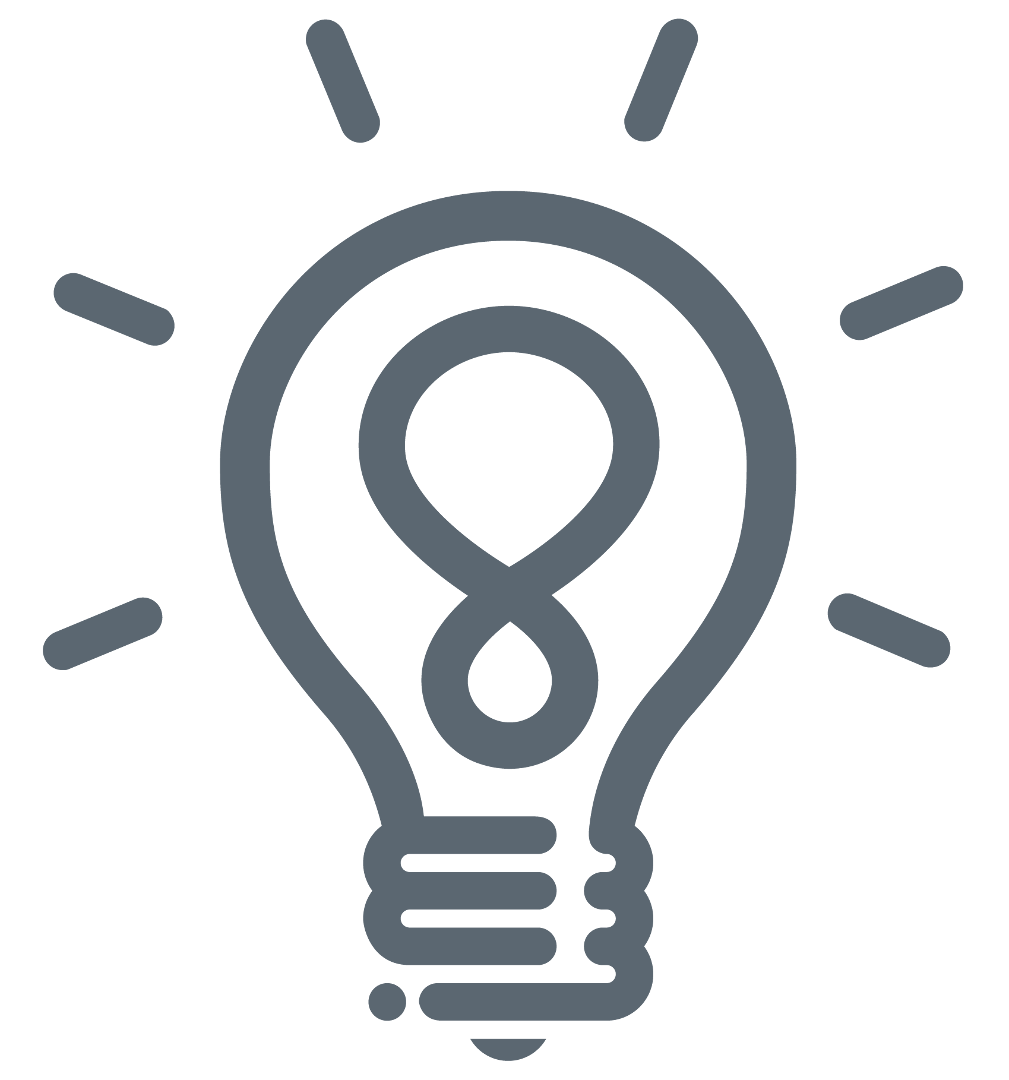Test Anxiety
Have you ever taken a test and felt like you were having an out of body experience? Your heart pounds. Your head is full of fog, and the harder you try to focus, the less you can think clearly. Answers that you could rattle off during your study sessions suddenly won’t come to you now that you need them. As you try to fill in that little bubble on the answer sheet, your hands feel clumsy, and you have a death grip on your #2 pencil. It’s awful, and this crazy, intense experience can negatively impact your success during a test.
You may think that you’re the only person who goes through this experience, but it’s actually quite common. In fact, it’s completely normal. What you are experiencing is the body’s natural response to stress, particularly danger. It’s called the Fight-or-Flight Response, and the good news is that you can stop it from happening when you take your next test.
Fight, Flight or Freeze
Survival is our most primal instinct. It’s such a powerful instinct that we can’t usually control how our body responds when it feels threatened. In South Saharan Africa, when a lion is attacking a gazelle, the stressed out gazelle’s body only cares about one thing: survival. Its body immediately stops everything that is not related to survival and focuses all of its energy to getting out of that situation.
Even though there is no physical danger during a final, the human body responds just like the gazelle in a high-stress situation such as a final exam. Because the brain is interpreting your anxiety over the test as a danger, your body is automatically responding by diverting blood flow from your brain and fine motor functions (like writing) and sending it instead to your heart, lungs, and major muscle groups so that you can either fight or escape the perceived danger.
The body has a third response to stress called the Freeze Response. You can see it in the “deer in the headlights” reaction some animals have when startled. The brain ceases to function properly, and the body freezes in an effort to decipher the threat.
When you experience any of these reactions to test anxiety it greatly reduces your brain’s ability to process fine points of information, or to use your memory.
Overcoming Test Anxiety
The good news is that with proper conditioning, you can overcome the body’s Fight-or-Flight Response in a testing environment. The solution lies in neuroplasticity and deep training.
Neuroplasticity is the process of changing the way your brain is used to doing something. It involves developing new neural pathways to perform a given task. Infinite Mind’s eyeQ program uses neuroplasticity training to change the way your brain reads and processes information. It gets more of your brain active so that as you read you are recording the information more quickly, storing it into memory, and processing it so that it’s ready to use. It sounds simple, but your brain is stubborn. It resists change and needs steady conditioning to be able to adapt to new ways of doing things. That’s where deep training comes in.
Deep training is repetition. So much repetition that instead of fighting the change, the brain adapts to the new way of doing things and makes itself as efficient as possible. It becomes comfortable with the new approach and can then function at a higher level. When you train with eyeQ, your brain will become comfortable with high-level functions, such as memory and reason, under difficult circumstances. We do this by challenging the brain with fast-paced reading and vision therapy exercises which signal to the brain that it needs to absorb and process information more quickly in order to be efficient. With time and repetition, your brain adopts this new way of recording and using information.
Programs which use this kind of mental conditioning get the brain used to functioning properly in high-stress situations – like that chemistry final you’re cramming for right now. Conditioning in this way can eliminate test anxiety. As your brain increases its processing speed it functions more effectively during stressful finals. Your head will be clearer, and the answers to your exam questions will come faster. The results can make the difference between pass and fail. This kind of neuroplasticity training doesn’t take long. In about 7 minutes, you can complete a training session and move on with your studies. With consistent training, your brain will become efficient and fast.
Interested in trying eyeQ? Click here to try a training session.










